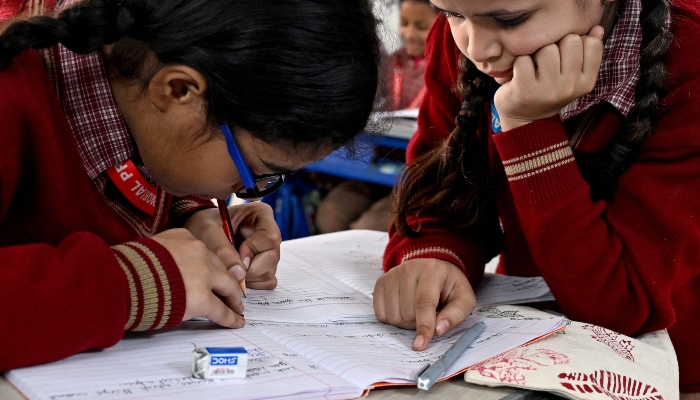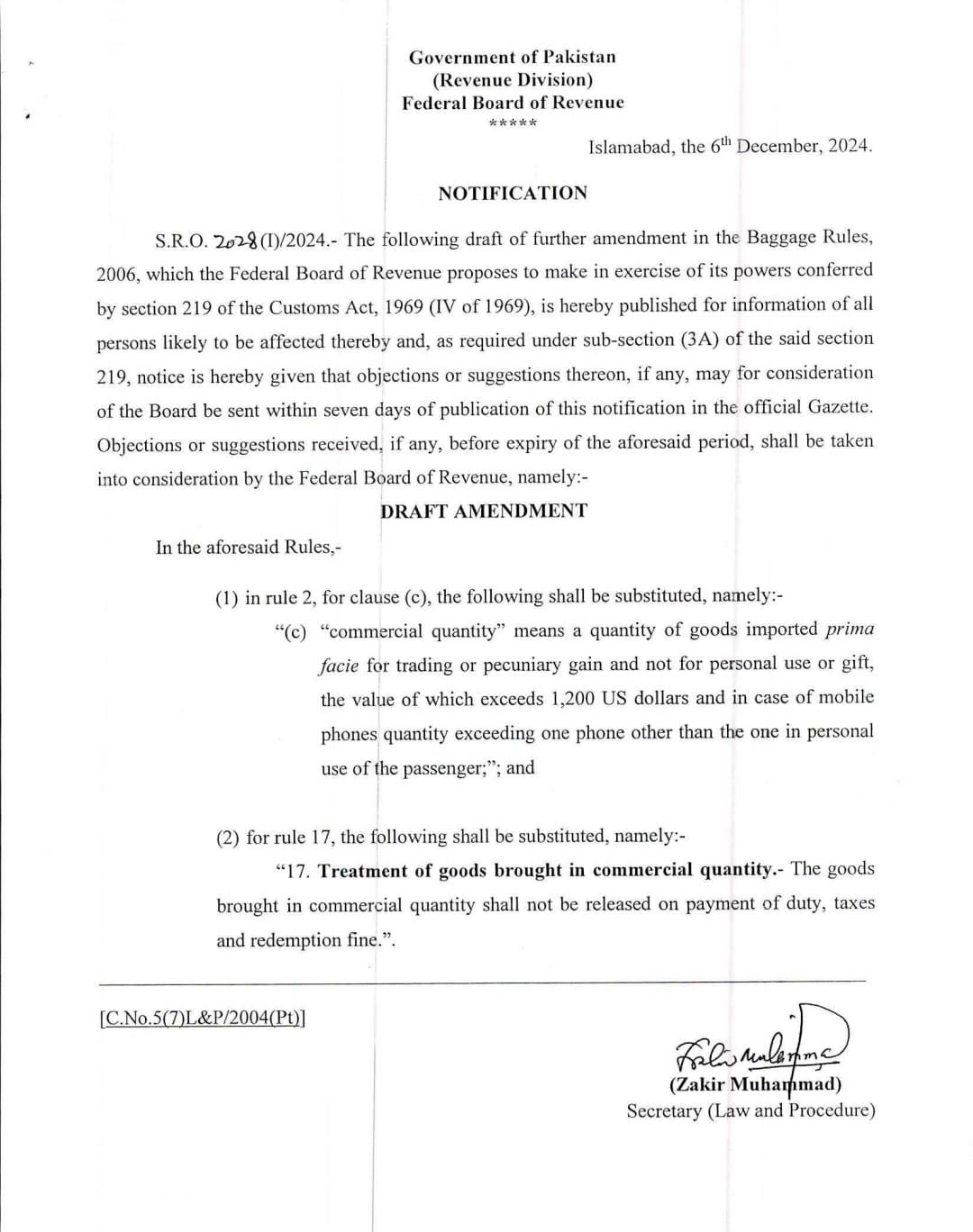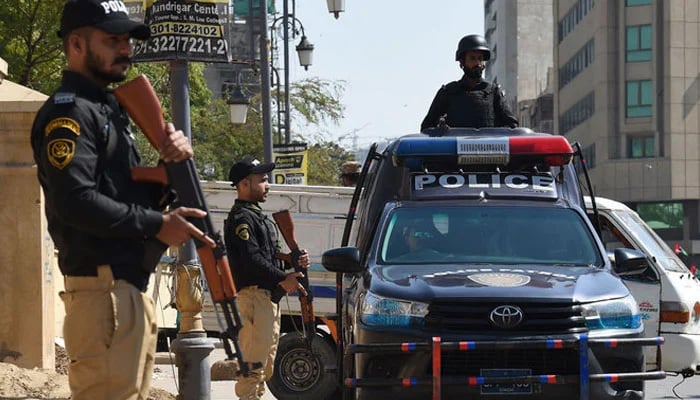Travel
Pakistan leads in social registry coverage
字号+ Author:Smart News Source:Sports 2025-01-15 08:20:40 I want to comment(0)
ISLAMABAD: Pakistan has the highest number of population covered in the (NSER) as compared to other countries, and a new report of World Bank says NSER is more likely to include poor households with 90 per cent of the poorest decile included in the registry. The report, “ ”, made available on Wednesday by the World Bank, says 84pc of the total population in Pakistan is covered in the NSER, a higher coverage than in other countries, where the average coverage rate in countries with social registry is around 41pc. However, as NSER is transitioning to an on-demand registration system, the overall coverage rates are likely to decrease since those better off may not want to register, according to the report. The Benazir Income Support Programme (BISP) established the NSER as its social registry to support intake, registration, and determination of eligibility for its unconditional cash transfer (UCT) programme, Kafaalat. NSER coverage is higher for poorer households in Pakistan, except in Balochistan where coverage is uniformly low across all levels of well-being due to governance and political challenges. Nationally, 90pc of the poorest decile is included in the NSER but only 67pc of the richest decile is included. The report says despite the high overall coverage, over 2.2m households from the bottom 40pc of the population are still not included in the NSER. This means they are excluded from social protection and disaster response programmes. Specifically, 1.6m households below the Proxy Means Test score threshold of 32 for Kafaalat inclusion are missing from the NSER. It is also important to underscore that data on bottom 40pc is not available for other countries, so it is hard to conclude where NSER stands in comparison. However, the overall coverage numbers indicate that NSER is performing in terms of coverage better than most countries, the World Bank report says. It highlights that the lack of awareness of the NSER, the modality of registration and the lack of identification documents are the challenges for inclusion of the poor in the registry. Nearly half of the households not registered with NSER were unaware of how to do so, and only 27pc knew how to contact BISP. The registration process is seen as cumbersome, often requiring multiple visits to NSER Dynamic Registration Centers, which are plagued by long wait times. Furthermore, many households that are registered with NSER are not aware of their registration status; only 42pc of those in the NSER knew they were registered, with the figure dropping to 13pc in Balochistan. However, among Kafaalat beneficiaries, awareness of registration status is higher at 69pc. Modality of registration matters for inclusion in the NSER and coverage rates are better in areas with dynamic registration, with areas using this modality showing a 97pc inclusion rate. Dynamic registration is more cost-effective than data collection through door-to-door surveys. However, door-to-door registration is more effective in reaching remote households.
1.This site adheres to industry standards, and any reposted articles will clearly indicate the author and source;
 Related Articles
Related Articles-
realme C75: No Low-Battery Anxiety with a Massive 6000mAh Battery,Unmatched Waterproof Technology
2025-01-15 07:48
-
West Indies arrive in Pakistan for Test series after 18 years
2025-01-15 07:20
-
Lionel Messi skips Presidential Medal ceremony with Biden
2025-01-15 06:16
-
Lionel Messi skips Presidential Medal ceremony with Biden
2025-01-15 05:43
 User Reviews
User Reviews Recommended Reads
Recommended Reads Hot Information
Hot Information- OGRA increases gas prices by up to 25.78pc
- Lionel Messi skips Presidential Medal ceremony with Biden
- Lionel Messi skips Presidential Medal ceremony with Biden
- Saim Ayub to receive medical treatment in London
- Senate committee applauds K-Electric’s progress on loadshedding, billing issues
- Saim Ayub to receive medical treatment in London
- West Indies arrive in Pakistan for Test series after 18 years
- West Indies arrive in Pakistan for Test series after 18 years
- Good News for Pakistanis as Petrol price set to drop in January 2025
 Abont US
Abont US
Follow our WhatasApp account to stay updated with the latest exciting content













